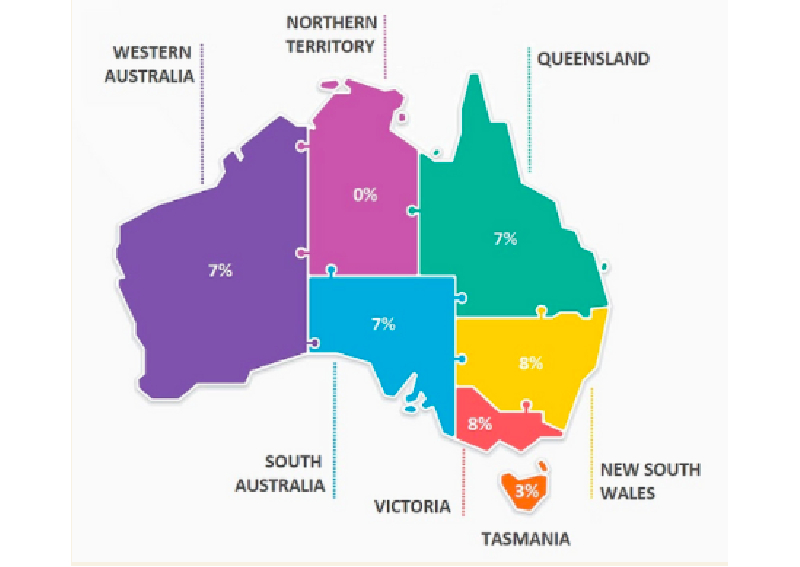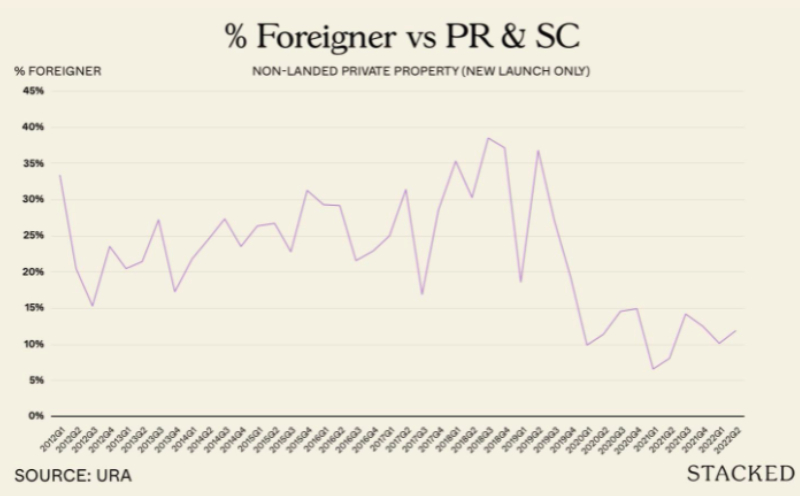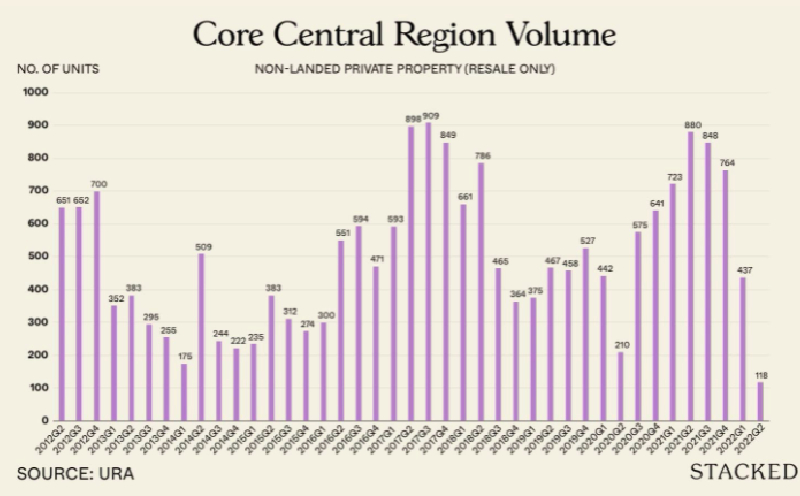Will rich foreigners still want your prime district condo in 2022?


As of December 2021, there’s been an ongoing debate on whether Singapore property is still attractive to foreigners. Some believe the answer is a definite no, with stamp duties hiked by a whopping 10 per cent; yet others point to the brewing crisis in Ukraine, and a potential flight to safety. Who’s right, and do you still have a chance of a healthy sale to a foreigner? Here’s what’s to know:
In December 2021, new cooling measures were added, and the Additional Buyers Stamp Duty (ABSD) for residential properties was raised. Foreigners and developers bore the brunt of the increase, with the rate now at 30 per cent of the price or valuation (whichever is higher). This is a 10 per cent increase from previous rates.
However, many realtors we spoke to have argued that increased ABSD won’t quell a flight to safety.
Russia is currently facing sanctions for its invasion of Ukraine. As a result, we’re seeing some of the highest oil prices since the 1973 OPEC embargo. These high energy prices affect business costs and consumer numbers, as we’re already seeing in Singapore.
At this point, you will be told – loudly and often by sellers – that Singapore property is a haven in such volatile times. You’ll be shown something like this graph, highlighting the rise in prices during the Global Financial Crisis, and the Covid-19 period:

(Do keep in mind that, while those show rising prices in general, they don’t indicate the percentage of foreign buyers; for details on that, check out this article instead).
As such, a foreigner who tolerates both rising prices, as well as higher ABSD, would be buying a very expensive flight to safety.
How certain are we of foreign interest right now?
Some of the main factors to consider are:
If you’re not a foreign buyer, it’s easy to underestimate the impact of the December cooling measures.
In January 2013, cooling measures raised ABSD on foreigners by just five per cent (10 per cent to 15 per cent). In July 2018, new measures raised the rate by five per cent again (15 per cent to 20 per cent).
The jump in December 2021 was an increase of 10 per cent; twice as high as the previous rounds.
In the news, property agents have already mentioned the declining number of inquiries, and expectations of a slowdown. One of the realtors that we spoke to said there’s no more underplaying the effects of ABSD on foreigners:
“Today it’s so high that, if I get a foreign buyer, it’s purely as a luxury home. The last foreigner I sold to, they weren’t interested in gains. The straight away told me ‘There’s no way to make money on this, we buy to enjoy only.’ All the overseas buyers I see today are looking for homes, not investing.”
Some realtors mentioned that an older sales pitch, from around 2017, is no longer valid. At the time, it was common to point out that Singapore was still cheaper than regional rivals Australia and Hong Kong, despite ABSD (the rate back then was just 10 per cent).
Today, it’s sellers in Australia and Hong Kong who could use the same argument against us. Australia has an additional seven per cent stamp duty for foreigners, while Hong Kong places an added 15 per cent on foreigners.

One relator felt that the only remaining reason Chinese buyers still favour Singapore, at our current stamp duty rates, is ongoing political unrest in Hong Kong.
As the supply of new launches falls, and cooling measures sink in, we may lose a fair portion of foreign buyers to our neighbours.
A good way to guess the interest of foreign buyers is to look at the Core Central Region (CCR). This is where most foreigners end up buying.

For the following, we’ve excluded new launch condos in the CCR (as otherwise, the transaction volumes will be more affected by the number of new launches):

Put aside the price for the moment (it’s moving up due to high demand and limited supply, an issue that’s been going on since 2020). You’ll notice that, after the surge of transactions between Q1 and Q2 last year, transaction volumes in the CCR have been dipping. There were 764 resale transactions in the CCR as of Q4 last year, but only 437 in Q1 this year.
Residential is only one segment of the Singapore property market; keep in mind that commercial properties have no ABSD.
Commercial properties do, however, incur GST – and the planned GST hikes in 2023 and 2024 are prompting investors to move now. Given the sharp rebound of commercial properties in 2021, we can’t discount the possibility of investors looking outside of residential markets.
Along with non-residential REITs, commercial properties may draw away some foreign interest in the coming year. How this plays out will be influenced by the ongoing Russia – Ukraine situation.
The signs suggest a wealthy foreign investor might be put off by rising stamp duties. However, sellers can have hope in the form of a wealthy foreign home buyer.
A 30 per cent price hike is hard to justify for almost any investor; especially in unpredictable times like the present. But this doesn’t change Singapore’s inherent appeal as a place to live. Wealthy foreigners who don’t care about cash-on-cash return, rental yields, etc., are likely to comprise a bigger portion of buyers at this stage; and their purchases are more likely to be indulgences than investments.
So while the number of foreign buyers may dip, we’re far from seeing a spectacular crash in foreign demand.
ALSO READ: Think property prices will fall in 2022? Here's the 1 statistic that may indicate otherwise
This article was first published in Stackedhomes.